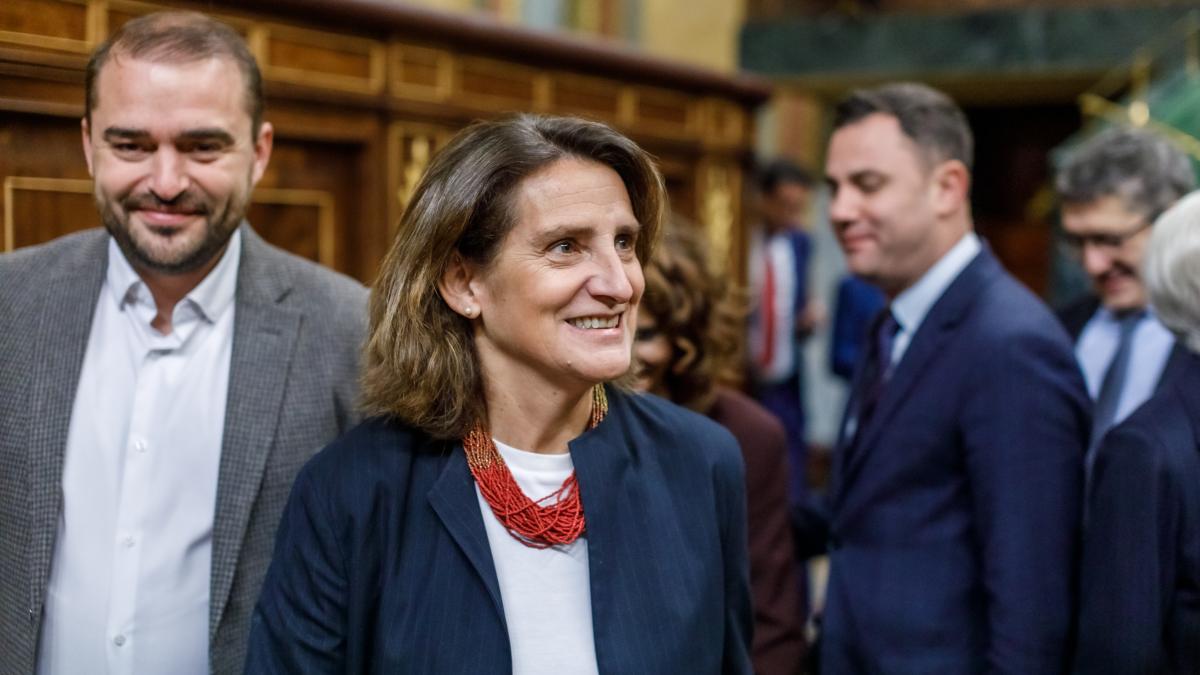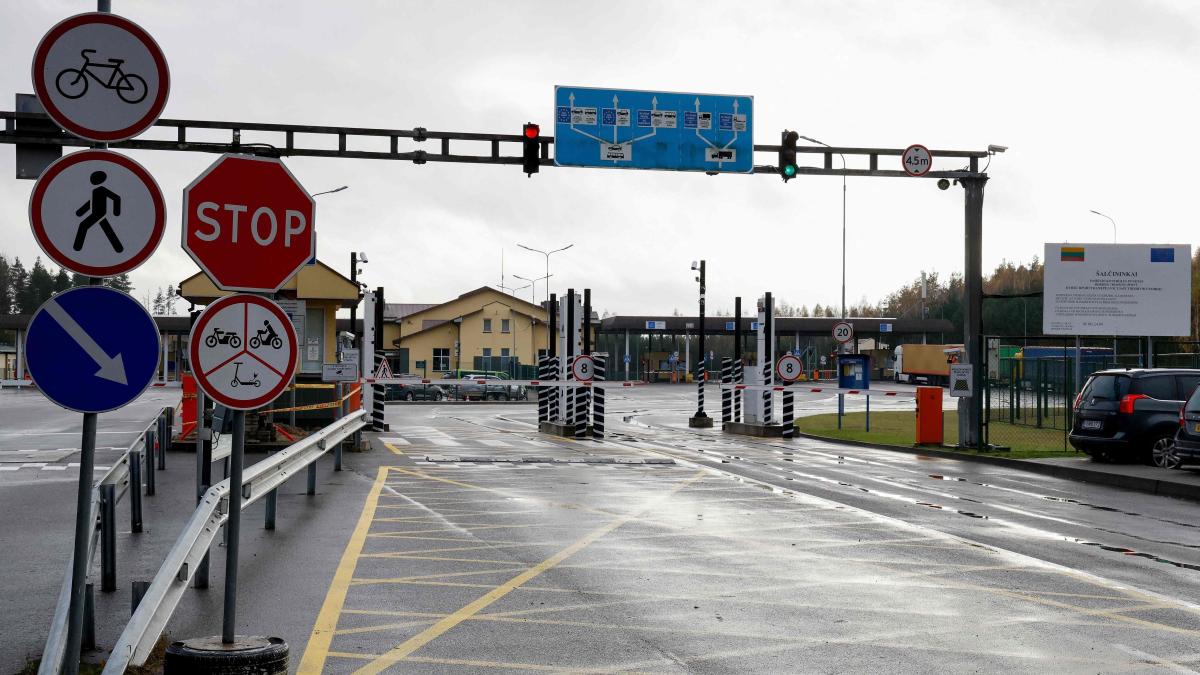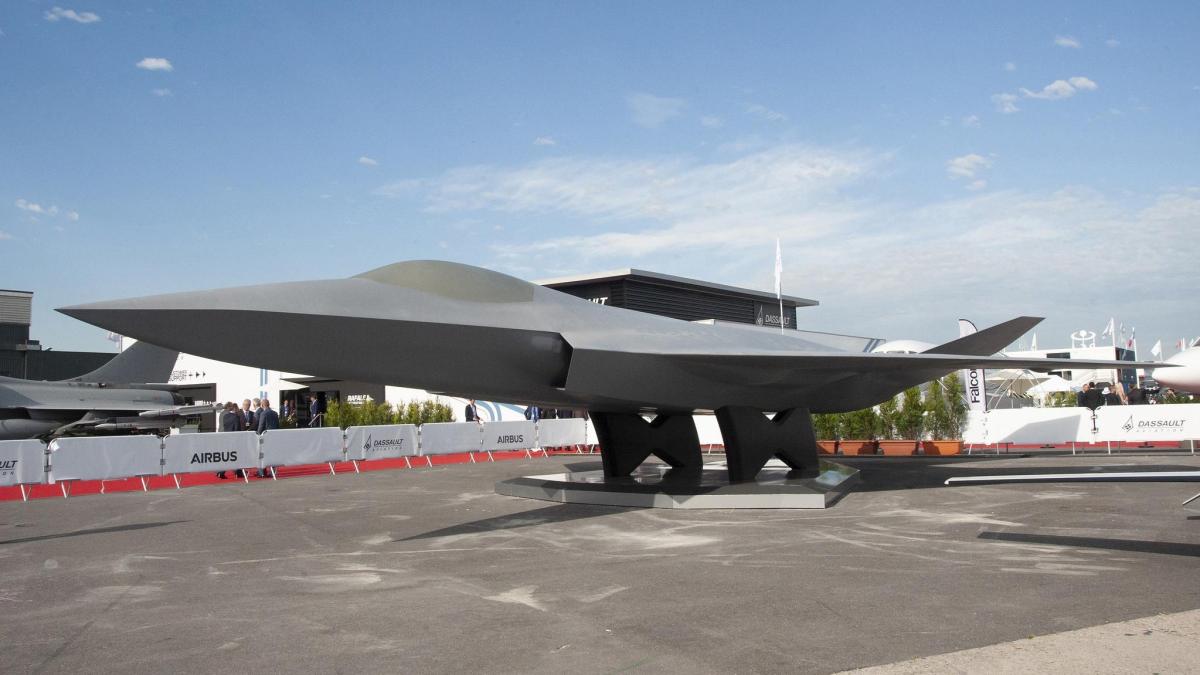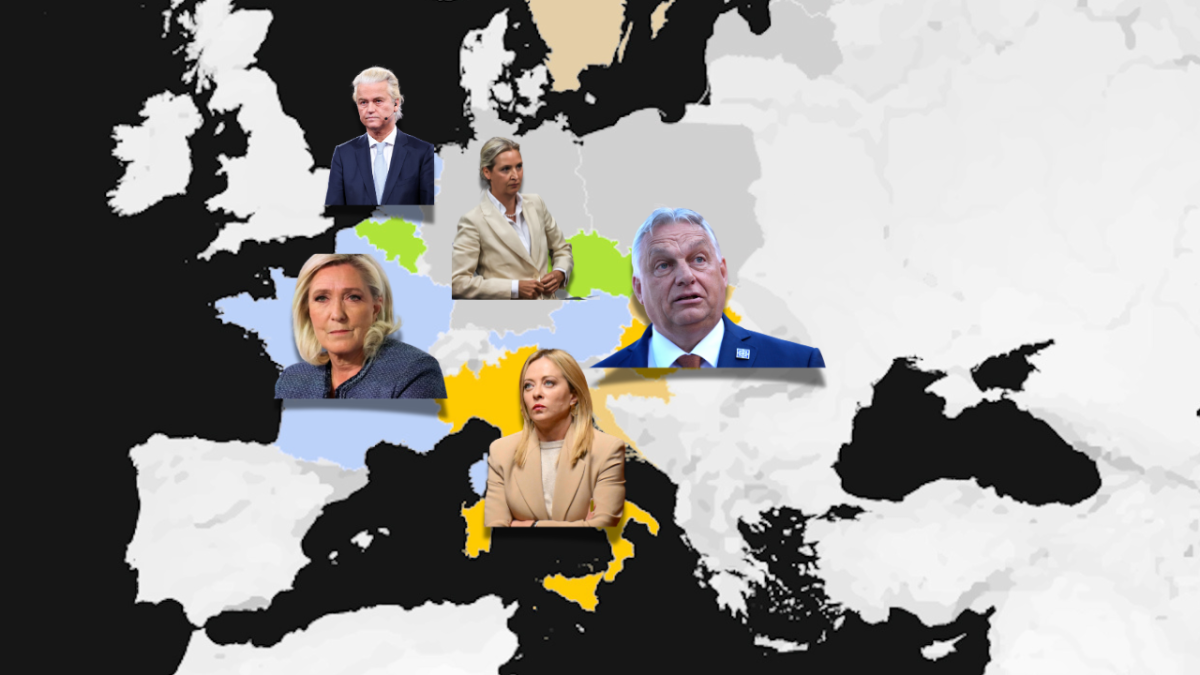The European Commission Awaits a Power Shift
The script is unfolding flawlessly as the new European Commission, led by Ursula von der Leyen, inches closer to fruition. With Teresa Ribera on the verge of becoming a vice president and Commissioner for Competition, the landscape of European politics is set for an intriguing shift. However, this potential elevation isn’t without its fierce opposition from the Spanish PP, who have tirelessly worked to thwart the Spanish socialist candidate’s prospects.
A Political Tightrope
The European People’s Party (EPP) appears ready to change course. Despite the Spanish PP’s vigorous attempts to block Ribera’s candidacy, a contingent within the EPP has expressed a willingness to endorse her—provided they receive satisfactory clarifications during the upcoming Congress of Deputies on the handling of DANA.
“This Wednesday is pivotal,” party leaders strategize, “with crucial discussions set to shape Ribera’s fate. If all parties align, approval could be imminent.” The stakes are high; the Socialists and Liberals must also yield to secure votes for two other candidates, Raffaele Fitto and Olivér Várhelyi, who await approval.
Foreseen Agreements and Unforeseen Resistance
The atmosphere is charged with anticipation ahead of this afternoon’s nexus meeting between the EPP, Social Democrats, and Liberal leaders. This aligns every party’s focus on unblocking the approval process, yet tensions linger with the Spanish PP holding firm to its stance against Ribera, driven by Alberto Núñez Feijóo’s leadership in Genoa.
Feijóo Stands Firm Against Ribera
Alberto Núñez Feijóo unequivocally reiterated this morning that the Spanish PP will vote against Ribera, cementing the party’s obstinate position. With fervor, the PP leaders proclaim beyond doubt, “Ribera does not deserve this appointment. Pedro Sánchez has compromised himself and capitulated to the extreme right he once denounced. It crosses a line that simply cannot be crossed.”
Critics argue that Sánchez’s outreach for votes from Viktor Orbán’s Fidesz and Giorgia Meloni’s coalition represents a betrayal of progressive ideals. “This is a worrying signal for the future governability of Europe. By courting these extreme factions, Sánchez has tarnished his reputation as a bastion of international socialism,” derides a prominent PP source.
The Fragile Coalition: A Test of Loyalties
The rumblings within the PP showcase a party wrestling with its identity, caught in a tumultuous battle with its inner factionalism. Meanwhile, while the rest of the EPP may advocate for a vote in support of Ribera, the Spanish faction’s resistance reiterates that a significant divide persists.
Feijóo’s reasoning is steeped in the revived conservative narrative in Spain, laying the groundwork for a potential coalition with far-right influencers. The PP’s intent is clear: capitalize on Sánchez’s perceived failures to enhance their electoral leverage and restore traditional values to the forefront of Spanish politics.
Political Tectonics Shift
As the clock ticks toward pivotal votes, all eyes turn to the European Parliament. Observers speculate—how will this political drama unfold? Will the PP’s misgivings about Sánchez’s reliance on right-wing factions compute into lost electoral capital?
Despite the fractures within their ranks, the PP continues to project strength, their united front straining to maintain power against the backdrop of a shifting European political landscape. The sheer weight of historical associations with right-wing nationalism continues to build pressure for change in Spain and across Europe.
It’s Not Just Numbers – It’s Ideology
The battle over Ribera sheds light on larger ideological conflicts—conflicts that aren’t confined to the Spanish borders. They reverberate across the EU, drawn into a complex interplay of national identities, economic realities, and emerging political forces vying for future visibility in the European assembly.
As negotiations intensify, the fissures enveloping the Spanish PP and subsequent impacts on broader EPP dynamics provide a vivid portrayal of modern European politics where coalitions blossom while ideological commitments increasingly fracture.
The Road Ahead: Will Ribera Soar or Fall?
With yesterday’s following updates illuminating a tougher standoff than anticipated, one must ponder whether Ribera’s rise can withstand the pressures from the PP’s hardliner faction, intently hovering over European political manoeuvring.
A successful vote might neither guarantee a harmonious Commission nor ease the connections between fragmented legacies of the past and visions for a coordinated future.
At this intersection of political ambition, moral responsibility, and continental allegiance, Ribera finds herself at a crossroads – heralding a potential revolution against the backdrop of traditionalism that has historically characterized the PP. Forward or backward, the answer hinges on the votes of the many who influence the trajectory of not just Spain but Europe as a whole.














